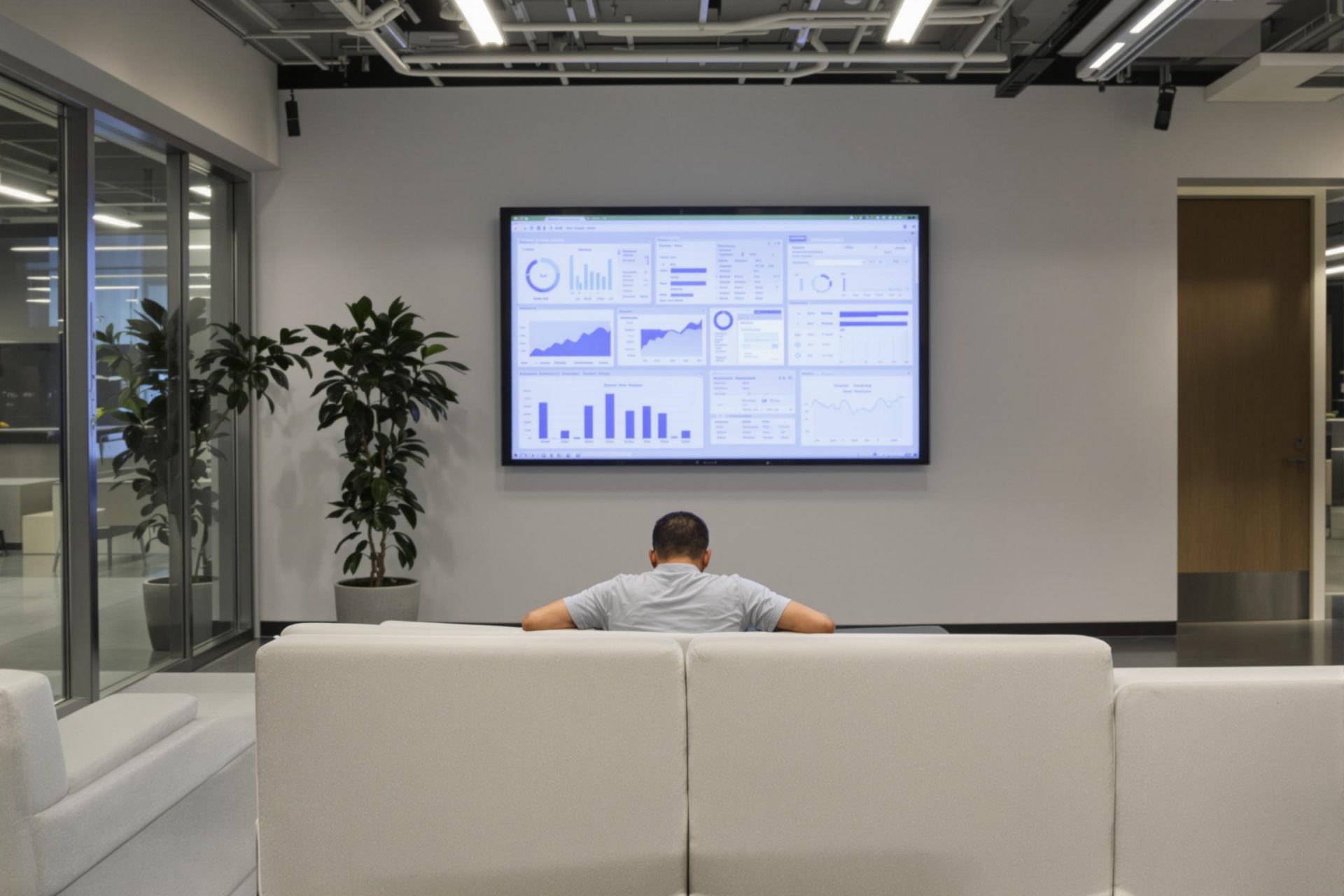Key Takeaways
- OpenAI employees, many now wealthy on paper due to the company’s high valuation, are reportedly unable to donate their equity to charities.
- The company states it’s restricting such transfers to maintain good governance and manage its list of shareholders, not to specifically block donations.
- Donating equity directly can be highly beneficial for tax purposes, potentially increasing a charity’s received amount by up to 40%.
- OpenAI’s unique history, originating as a nonprofit, contributes to a complex equity structure for its employees.
- Employees have expressed ongoing frustration over delays and broken promises regarding opportunities to make these charitable donations.
Many employees at the artificial intelligence trailblazer OpenAI have seen their company equity surge in value, making them millionaires, at least on paper. However, they’re facing roadblocks when trying to donate a portion of this wealth to charitable causes.
According to three people familiar with the internal discussions, OpenAI has deprioritized facilitating these equity donations, despite employee concerns. These individuals asked not to be named due to fears of potential repercussions.
An OpenAI spokesperson told CNBC that the company isn’t targeting philanthropic donations specifically. Instead, they are focused on carefully managing their shareholder base, also known as a cap table, for reasons of good governance.
For employees at high-growth startups, where salaries might be modest, equity often forms a significant part of their net worth. Donating this equity through instruments like donor-advised funds (DAFs) can provide substantial tax deductions and help avoid capital gains taxes. Experts explained to CNBC that this method could mean a charity receives as much as 40% more than if cash were donated after selling shares.
OpenAI’s situation is distinct because it began in 2015 as a nonprofit research lab. While it has since commercialized products like ChatGPT and operates a for-profit arm, it retains a nonprofit parent. Employees hold “profit participation units” (PPUs) instead of traditional stock, and these cannot be transferred without company approval.
The issue of equity donations has reportedly been a frequent topic in OpenAI’s internal communications, including Slack channels and all-hands meetings. Despite this, sources say the company has resisted changes that would ease these restrictions.
After OpenAI held a tender offer last year, allowing staff to sell some equity, executives reportedly told employees they could expect a charitable donation opportunity soon after. However, this timeline has been indefinitely postponed, with one source indicating OpenAI is “at least a year late” in providing this option.
Meanwhile, employee holdings continue to balloon in value. The article by CNBC mentions a March financing round valuing the company at $300 billion. This represents a dramatic increase from its $1 billion valuation in 2019. To illustrate, an employee who joined in 2019 with $100,000 in equity might now hold a stake worth around $3 million.
OpenAI’s CFO, Sarah Friar, reportedly stated at an all-hands meeting that the company’s immediate priority was closing its funding round. Following that, the focus would shift to its for-profit conversion, with charitable stock donations to be addressed eventually.
Employees submitted numerous questions about equity donations via Slack before that meeting, indicating significant interest.
“I’m mystified why a startup would disallow employees from contributing,” Christina Kramlich, co-founder of wealth management firm Cantata Wealth, told CNBC. She described DAFs as “an incredibly winning strategy” for both the donor and the recipient charity.
DAFs allow employees to get an immediate tax deduction based on the fair market value of their shares and avoid taxes that would apply if they sold the shares first. This ultimately means more money for the chosen charities. OpenAI confirmed it has partnered with Dechomai as its donor-advised fund.
OpenAI said it offered two equity donation opportunities in the past, in 2021 and 2022, and made a special exception for at least one employee in 2023. However, sources told CNBC they remain frustrated with the shifting timelines and the long gap since the last general opportunity.
Some private companies maintain veto power over share transfers to control their cap tables. According to an agreement viewed by CNBC, OpenAI employees cannot transfer their equity without explicit board approval.
An OpenAI spokesperson suggested that once the company restructures—and potentially goes public in the future—it will be easier to facilitate equity donations.
There is some speculation that OpenAI might have an interest in keeping certain charities, particularly those focused on AI safety that could be seen as critical of its commercial efforts, off its cap table.
This isn’t the first time OpenAI employees and management have differed on stock ownership. CNBC previously reported that OpenAI had the power to claw back vested equity, limiting participation in secondary sales. The company reversed these policies shortly after that report.
As employees await a chance to donate, they are also navigating an increasingly complex corporate structure. OpenAI recently announced that its nonprofit arm would retain control even as it restructures into a public benefit corporation. Board chairman Bret Taylor stated this move will alter the equity structure, allowing “employees, investors, and the not-for-profit can own equity in that PBC.”



